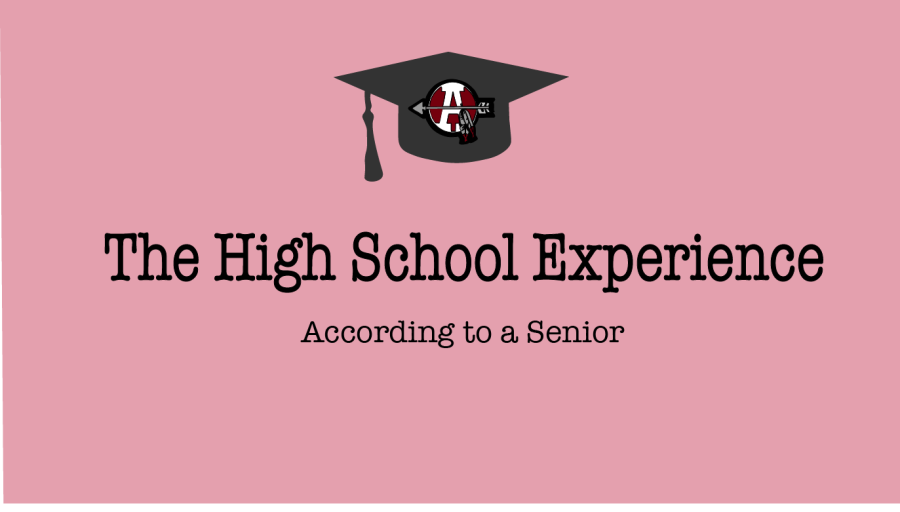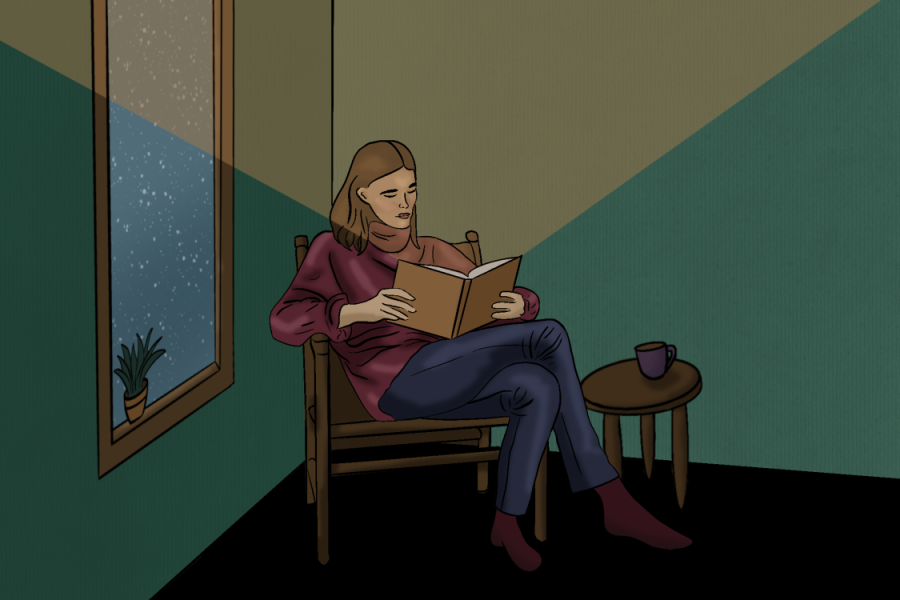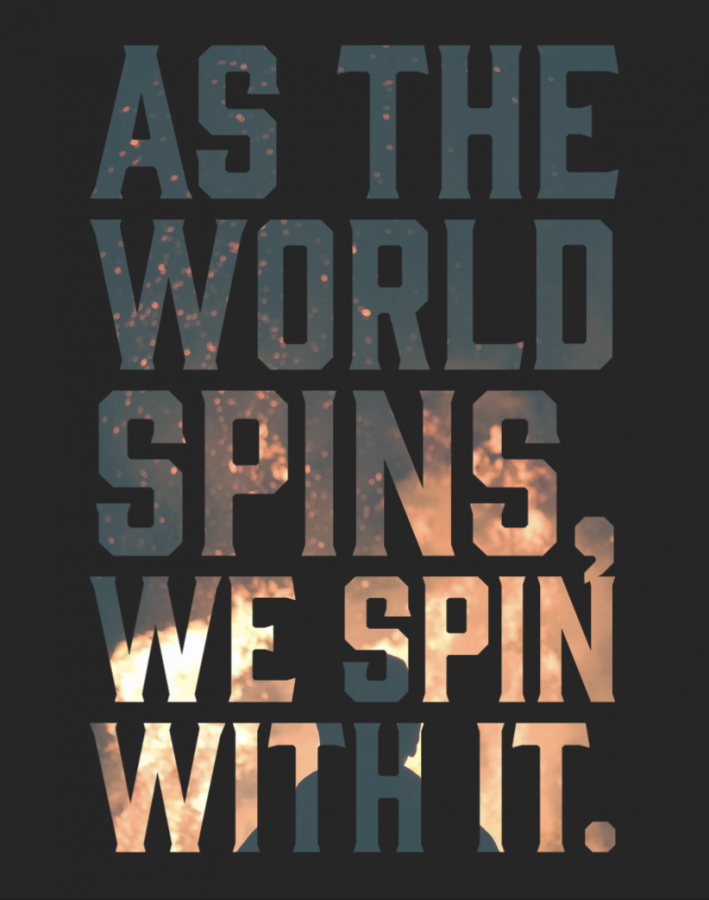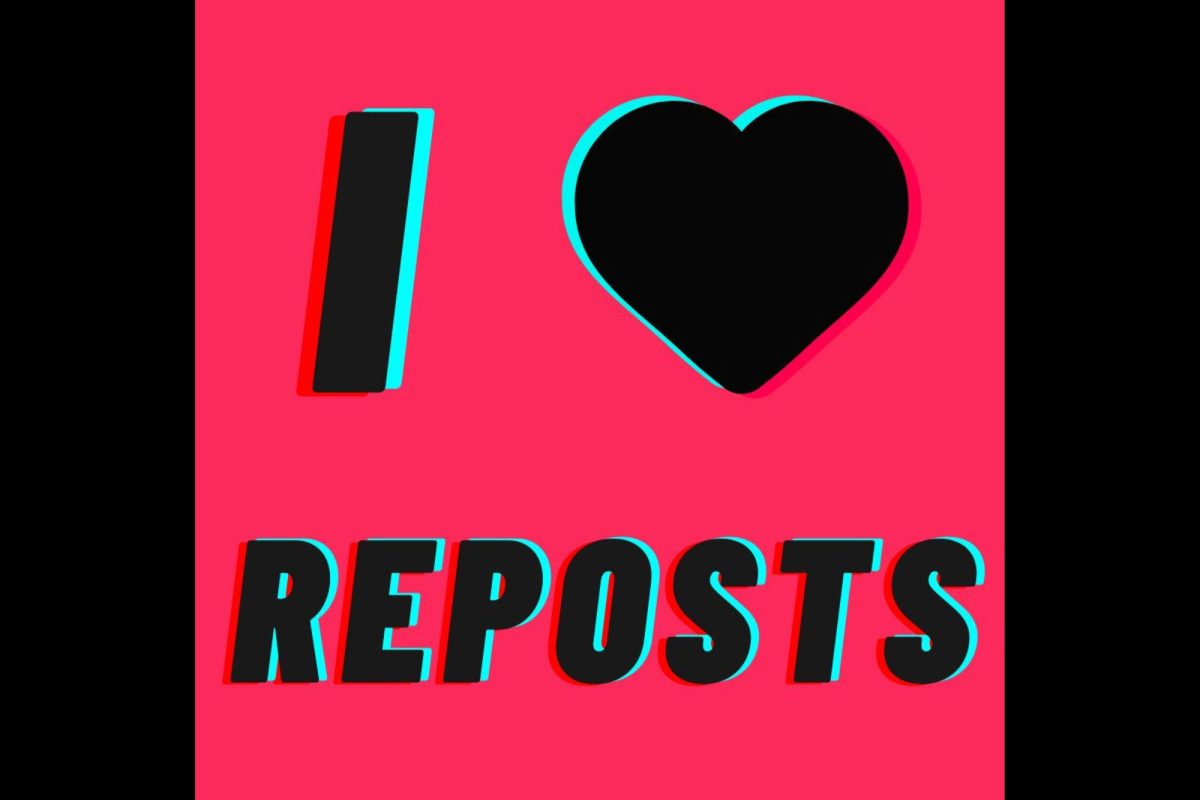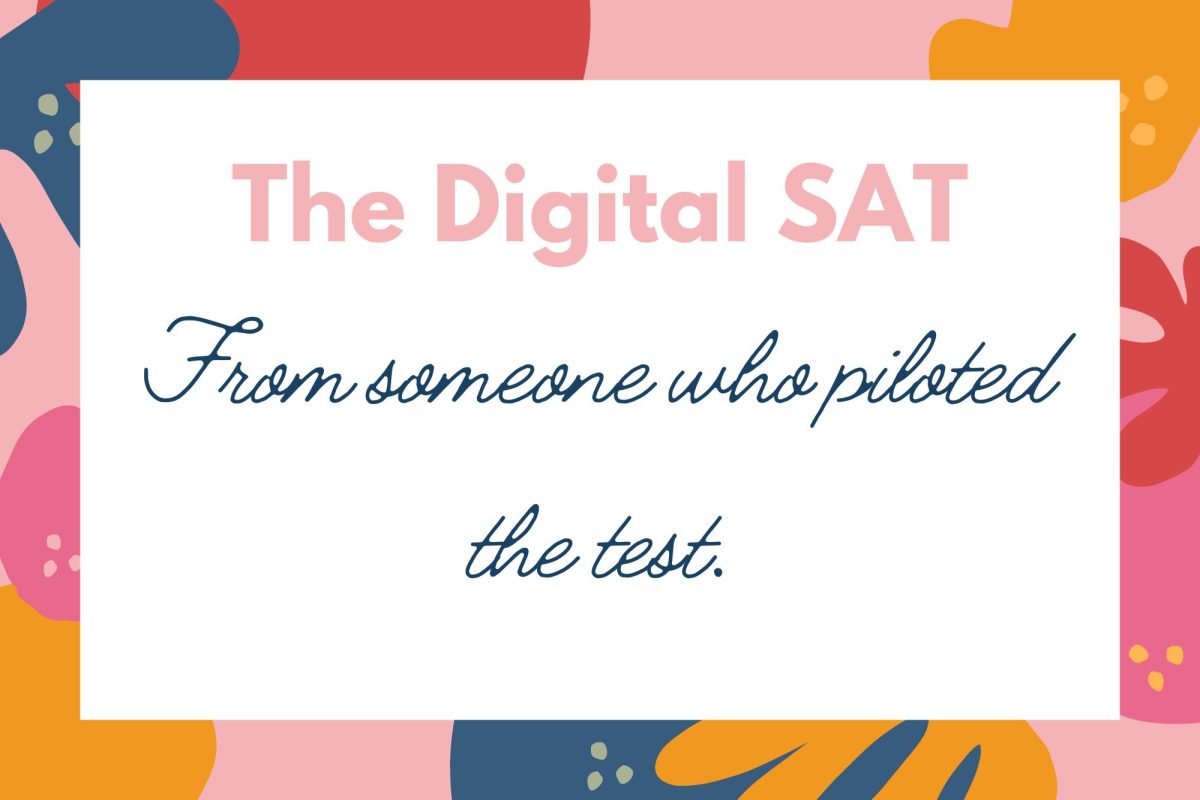We the staffs of the Tom Tom and the Talon Times recently noticed the shift from social media being an outlet to make connections with friends and family, to a place to share even the most personal and trivial parts of daily life. This may not seem like a big deal, but students often don’t realize the effects that their social media posts can have on their lives and the lives of people around them. As society turns towards technology more and more, things posted have a larger effect on people’s future than in years past.
Though sharing things like what you had for dinner may not have a negative effect on your future, things like the details of a party you were not supposed to be at, or a kegstand you may be proud of may not be the best idea. Do you really think that everyone wants to hear about and should know about how drunk you were the night before? To your friends, posts like this may be funny, but to future employers, college admissions officers or school administrators, these posts can mean something totally different. Employers are increasingly turning to social media to learn more about their applicant pool, and we assume hiring a drunken bully is not on the top of any admissions office’s list of top applicants to join their esteemed institution.
Furthermore, the Kaplan Test, a survey of college admission programs, found that in the 2012-2013 school year, 31 percent of the 381 colleges surveyed admitted to checking an applicant’s social media sites to learn more about them, a five percent increase from the previous year. Thirty percent of these colleges stated that social media posts had a negative effect on the student’s application.
While the most immediate effects of social media are usually directed toward the person who posted, people involved, whether directly or indirectly, can be affected as well. The immediacy of social media can result in the posting of remarks that otherwise would not have been voiced. It is easy for potentially anonymous users to say exactly what they are thinking at any given moment without any censoring; this can result in excessive use of foul and inappropriate language, as well as hurtful remarks about people that others may have little to no knowledge about. Though you may not be intending to offend or hurt others, this is often the result. How would you feel if you were constantly the target of a horrible Twitter hashtag that everyone but you thought was hilarious? Or if everyday you came home to negative comments on all of your Instagram pictures? Though these examples may seem lame or unimportant, situations like this can become the difference between someone feeling safe enough to go to school or not.
While many people are reluctant to take a stand in front of live people, why are they so willing to partake in the free-for-all-bashing of someone in their Internet persona? Have we as a whole started to lose our empathy towards others, disregarding the emotions of others that nearly no one would ignore in the real world?
With the introduction of social media many have become so self-consumed with the instant gratification they receive from their posts, whether it be likes on pictures or the instant support of others when they post something uplifting or something completely inappropriate or offensive. With all the attention someone receives from posting negatively, it’s easy to see someone on the receiving end of these posts feeling as though they can do nothing to stop the constant negative vibes, but other people can help.
It only takes a few seconds to send a comment suggesting that a post be taken down or to show that you actually care about someone being hurt by others. Even if it doesn’t seem like one comment can evoke significant change, the support you can give someone who is dealing with a bully will mean the world to them.
Students need to be conscience of the wide variety of audiences that can view the content that is posted on social media. The things you post now can have long lasting and potentially drastic effects on the rest of your life. So next time you think posting about your “rager” or that maybe picking on someone because you think they’re a “snitch,” ask yourself if that post will really benefit anyone.
The image you give off to the entire Internet world is something everyone should be conscious of now, even as high school students. People that may not know you personally have access to these pages you are broadcasting to the world, and if you wish to project that you are a horrible person to the rest of the world, keep doing what you’re doing. Otherwise, pay attention to what you’re posting, be aware of other people’s feelings and make an Internet persona you’d be proud to share even years from now.


